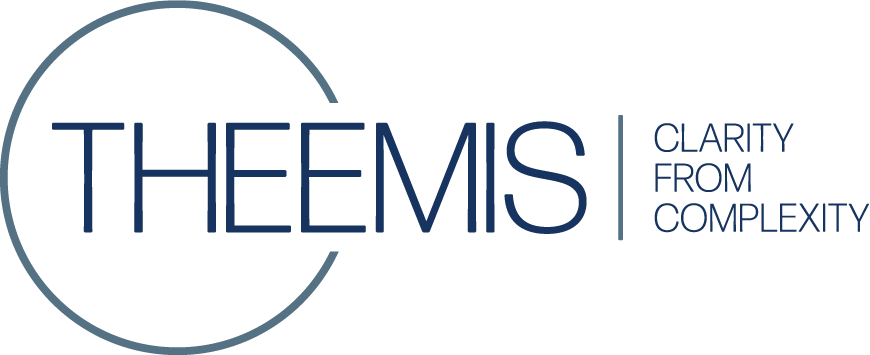Case studies
 Neurodiversity (ND) is a generic term that refers to a variety of diagnoses or symptoms that relate to how information is perceived and processed by the brain. Individuals may present with a variety of symptoms, with certain recognised patterns of symptoms enabling a formal diagnosis such as autism, dyslexia or ADHD.
Neurodiversity (ND) is a generic term that refers to a variety of diagnoses or symptoms that relate to how information is perceived and processed by the brain. Individuals may present with a variety of symptoms, with certain recognised patterns of symptoms enabling a formal diagnosis such as autism, dyslexia or ADHD.
Derby and Derbyshire Integrated Care Board commissioned Theemis Consulting to complete research into understanding the experiences of those working in and using their ND pathway services. They recognised a need to further understand their existing systems and prioritised undertaking research to inform the creation of a united and comprehensive ND pathway for individuals, families and professionals. This required the engagement of stakeholder representatives across the voluntary, community, educational and healthcare settings.
The aims of this early research were to fully understand how the current pathway was performing and user experience. This research engaged with more than 100 stakeholders to develop a shared understanding of how the pathway and system currently functions, while describing the facilitators and barriers within this system as recognised by those that access and work within the pathway. This research built upon the substantial amount of work previously undertaken mapping local statutory and third sector services.
Aims:
- To understand the prevalence, demand and equality of access to services.
- To develop a shared understanding and model of the existing neurodiversity pathway to develop scenarios to reflect user experiences.
- To represent and engage key stakeholders to understand performance and experience of the neurodiversity pathway from different perspectives.
- To explore facilitators and barriers, potential opportunities for improvement and user requirements for future neurodiversity pathways.
Approach and output:
The research adopted a mixed methods approach (desktop review, interviews, surveys and workshops) prioritising continuous engagement with stakeholders. A form of modelling (Functional Resonance Analysis Method, Hollnagel, 2012) was used to support the understanding of how the current system functions, the dependencies and variability at different parts of the pathway may impact and explain perceptions of stakeholders.
The findings and approach from the early research suggested the pathway was in fact several pathways presented as linear. This linear form did not enable effective early identification of need and support and focused demand on medical services as the pathway relied upon a medical model of care. The findings were used to facilitate a workshop with representatives from across the system including those with lived experience. This focused on key touch points of the pathway and the core functions of the pathway to review the research findings and move the conversation forward. All stakeholders were asked to identify what and how they would like to see each core function to look, what and who would be needed to achieve this. A shared vision was developed for each core function agreed by all present with a move towards a shared medical and social model of care. Eight recommendations were made to the ICB and a visualisation for the intention of the future ND pathway was shared to capture the essence of the research findings and support future work.
Recommendations:
- Development of a core ND team inclusive of representatives from health, lived experience, education, social care and the voluntary sector.
- A whole-system approach to the development of core goals and purpose of the intended ND pathway to integrate all forms of services and support.
- Visualisation of the key touchpoints within any future ND pathway to enhance the visibility of services and support accessibility to support through user centred design of the communication systems and information resources.
- Enhance the current processes and format of data collection to inform the learning from different sectors to monitor performance and the need to respond or modify support.
- To reimagine the role of triage and the graduated response across the whole system.
- Develop a minimum standard for triage and assessment for each ND diagnosis applicable across all of Derbyshire.
- Consider a workforce strategy to support existing roles, increase role of the voluntary sector and increase a plan to increase capacity of a local specialist workforce.
- To develop the research findings and recommendations in the context of existing initiatives, which aim to support ND inclusivity at a community level, e.g. hubs, education settings, voluntary groups.
Aspire to have an inclusive and accessible ND pathway:

